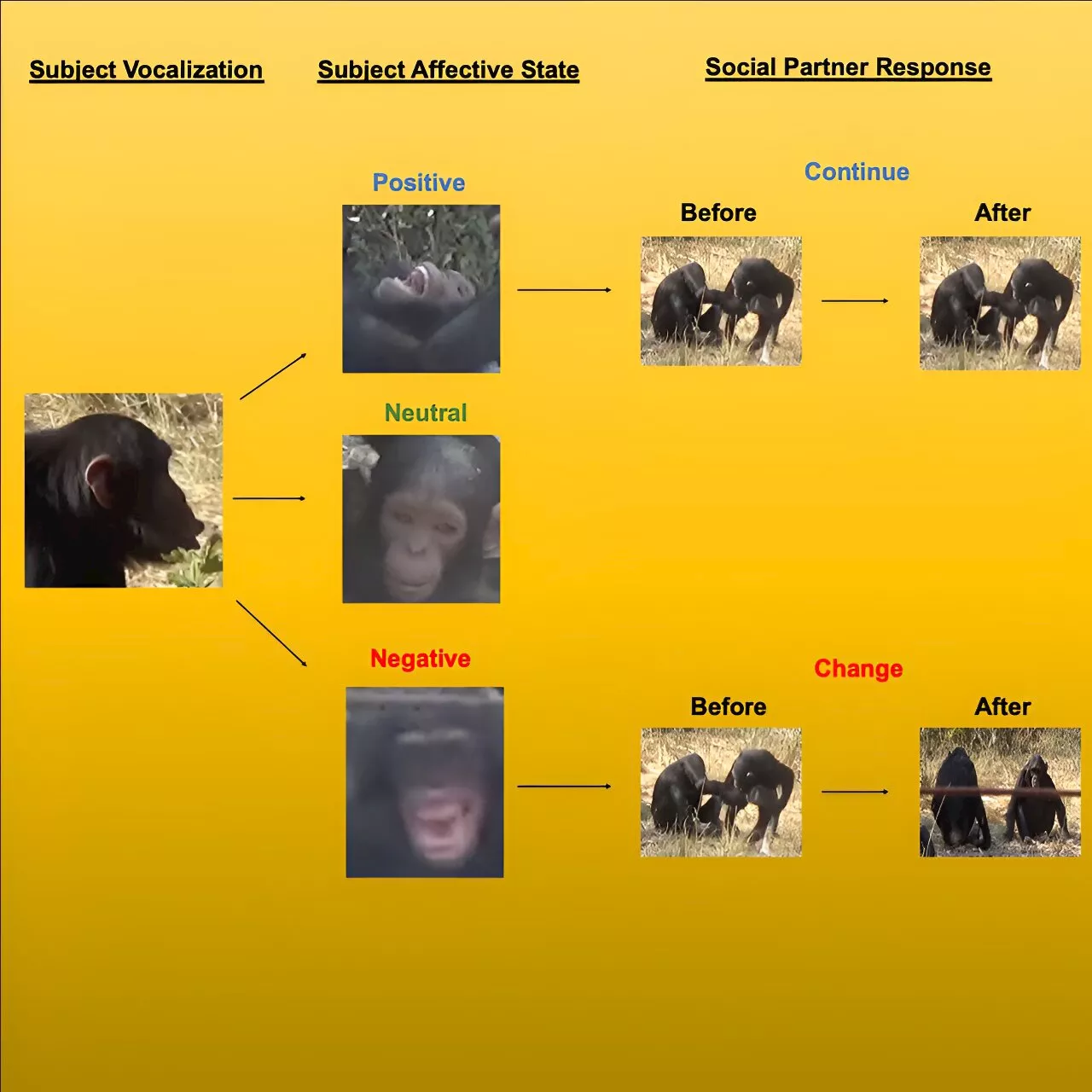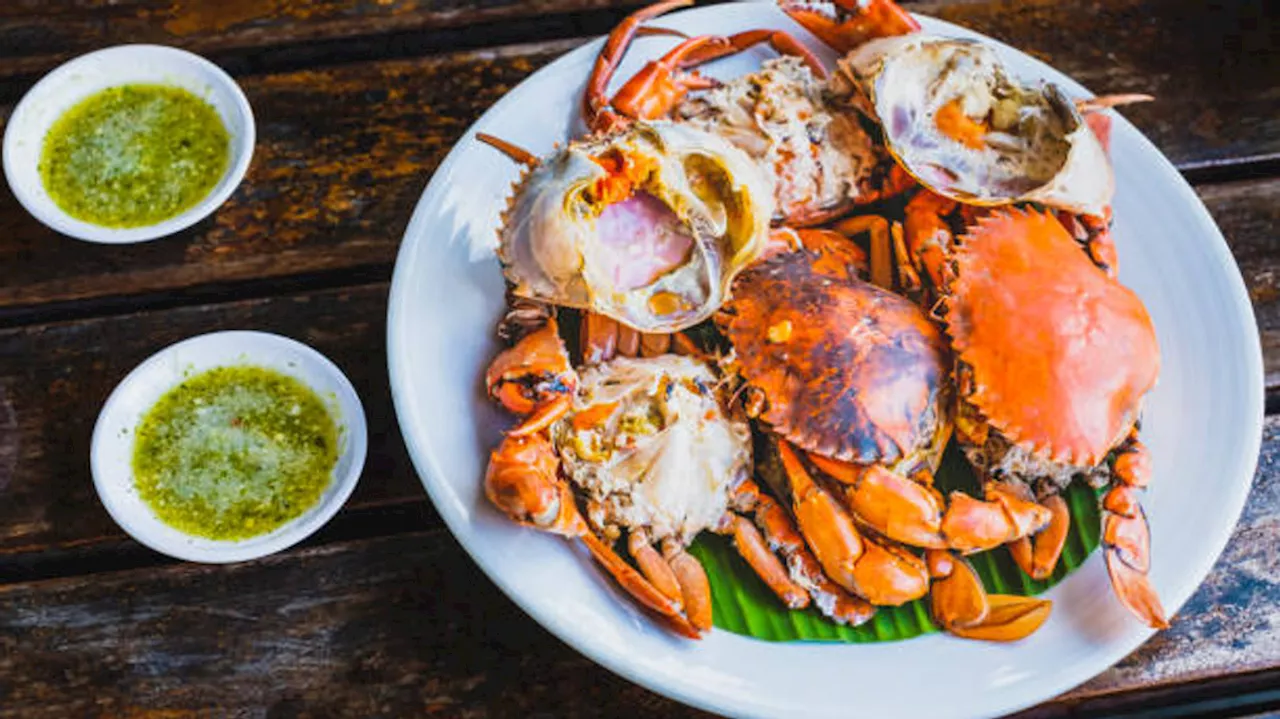Humans and wildlife, including large carnivores, interact at an unprecedented scale as they increasingly share the world's landscapes. A new University of Michigan-led study of human-lion interactions found that lions tend to avoid human-dominated areas unless they are facing food scarcity and habitat fragmentation.
retrieved 17 October 2023 from https://phys.org/news/2023-10-lions-interactions-humans-diminishing-habitat.html
This document is subject to copyright. Apart from any fair dealing for the purpose of private study or research, no part may be reproduced without the written permission. The content is provided for information purposes only.54 minutes agoUse this form if you have come across a typo, inaccuracy or would like to send an edit request for the content on this page. For general inquiries, please use ourThank you for taking time to provide your feedback to the editors.
Your feedback is important to us. However, we do not guarantee individual replies due to the high volume of messages.to let the recipient know who sent the email. Neither your address nor the recipient's address will be used for any other purpose. The information you enter will appear in your e-mail message and is not retained by Phys.org in any form.Get weekly and/or daily updates delivered to your inbox.
This site uses cookies to assist with navigation, analyse your use of our services, collect data for ads personalisation and provide content from third parties. By using our site, you acknowledge that you have read and understand our
Canada Latest News, Canada Headlines
Similar News:You can also read news stories similar to this one that we have collected from other news sources.
 Michigan State skids into matchup with No. 2 MichiganMichigan State skids into matchup with No. 2 Michigan
Michigan State skids into matchup with No. 2 MichiganMichigan State skids into matchup with No. 2 Michigan
Read more »
 New study reveals similarities in language development between chimpanzees and humansA new study has provided evidence that young chimpanzees are capable of vocal functional flexibility; a known building block in human language development.
New study reveals similarities in language development between chimpanzees and humansA new study has provided evidence that young chimpanzees are capable of vocal functional flexibility; a known building block in human language development.
Read more »
 University of Alaska Fairbanks spearheads $13.9 million study on climate change’s impact on Western AlaskaThe University of Alaska Fairbanks is spearheading a study that will look into climate change’s impact on Western Alaska.
University of Alaska Fairbanks spearheads $13.9 million study on climate change’s impact on Western AlaskaThe University of Alaska Fairbanks is spearheading a study that will look into climate change’s impact on Western Alaska.
Read more »
 Eating exoskeletons could help in weight loss, suggests Washington University studyA new study suggests that if you want to lose some pounds, you may want to chow down on some exo-skeletons.
Eating exoskeletons could help in weight loss, suggests Washington University studyA new study suggests that if you want to lose some pounds, you may want to chow down on some exo-skeletons.
Read more »
 Could Humans Ever Hibernate in the Future?Hibernation allows animals to conserve energy during winter months. But can humans hibernate, and could it help us reach the far fringes of our solar system?
Could Humans Ever Hibernate in the Future?Hibernation allows animals to conserve energy during winter months. But can humans hibernate, and could it help us reach the far fringes of our solar system?
Read more »
 LinkedIn Feed Evolution: More Granular and Powerful Machine Learning, Humans Still in the LoopLinkedIn is a case study in terms of how its newsfeed has evolved over the years. Recently, a major update was rolled out; here's how it works
LinkedIn Feed Evolution: More Granular and Powerful Machine Learning, Humans Still in the LoopLinkedIn is a case study in terms of how its newsfeed has evolved over the years. Recently, a major update was rolled out; here's how it works
Read more »
